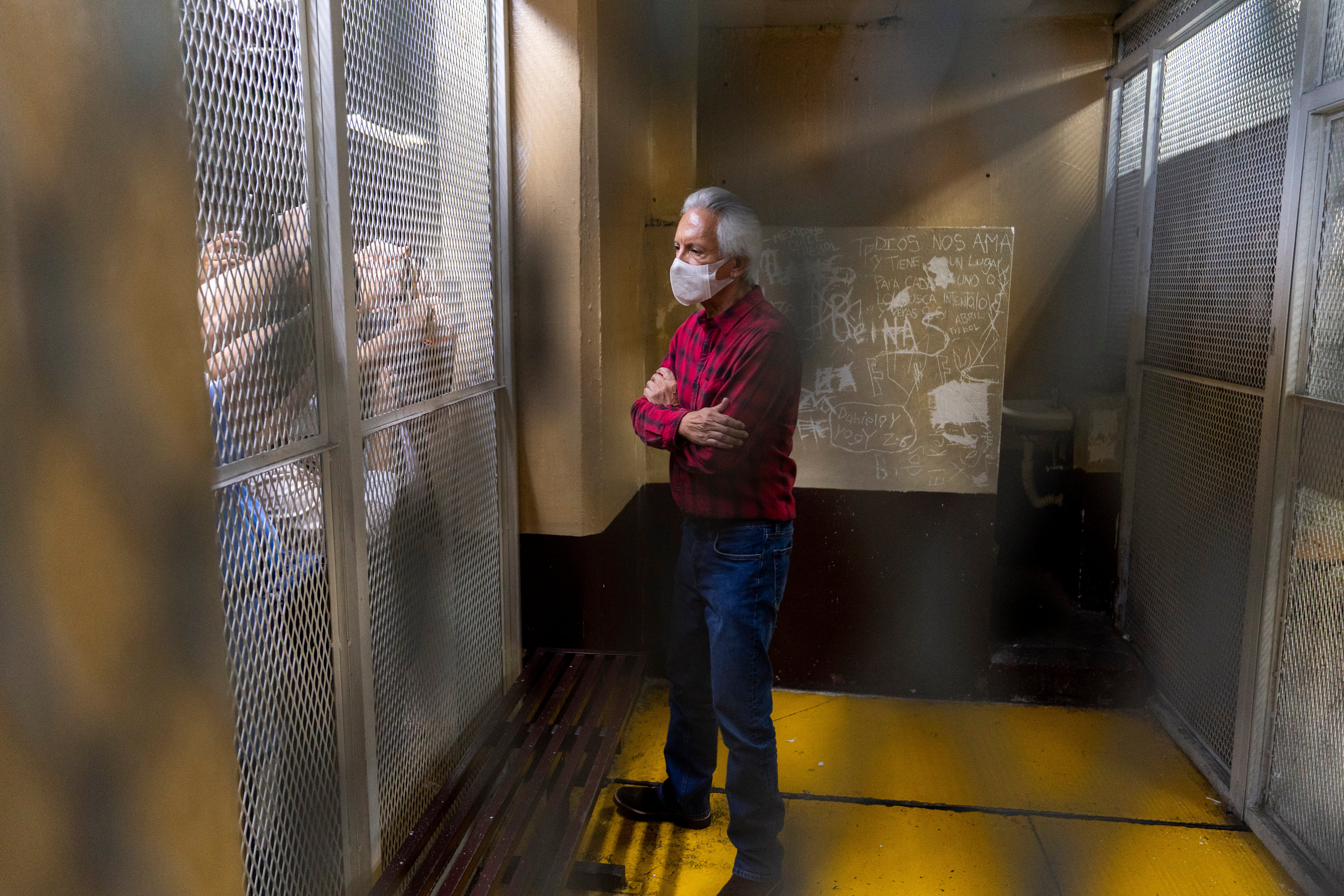Guatemala's El Periodico newspaper stops print edition
The prominent Guatemalan investigative newspaper “El Periodico” has announced it is stopping its print edition, after the government arrested the paper's president

Your support helps us to tell the story
From reproductive rights to climate change to Big Tech, The Independent is on the ground when the story is developing. Whether it's investigating the financials of Elon Musk's pro-Trump PAC or producing our latest documentary, 'The A Word', which shines a light on the American women fighting for reproductive rights, we know how important it is to parse out the facts from the messaging.
At such a critical moment in US history, we need reporters on the ground. Your donation allows us to keep sending journalists to speak to both sides of the story.
The Independent is trusted by Americans across the entire political spectrum. And unlike many other quality news outlets, we choose not to lock Americans out of our reporting and analysis with paywalls. We believe quality journalism should be available to everyone, paid for by those who can afford it.
Your support makes all the difference.The prominent Guatemalan investigative newspaper “El Periodico” announced Wednesday that it is stopping its print edition, after the government arrested the paper’s president.
José Rubén Zamora was arrested in July and charged with money laundering and extortion. Zamora has overseen dozens of investigations into corruption during his leadership at El Periodico since the paper was founded in 1996.
All of the paper’s reporters have been let go, and it is not clear how it can continue with digital editions only. The government has withdrawn advertising and has allegedly pressured businesses to do the same.
“It has been 30 years of struggle against corruption and impunity, against governmental abuses and terrorism, in favor of freedom transparency and accountability,” Zamora wrote in a final editorial, datelined from the prison cell where he is being held.
The closure of the print edition came on Guatemala’s “Day of the Journalist.” Guatemala’s chief prosecutor has been criticized by the United States government for blocking corruption investigations and instead pursuing the prosecutors and judges who carried them out.
Mario Recinos, president of the Guatemalan Association of Journalists, said reporters have to operate “amid limits on the freedom of expression, harassment, criminalization of journalism and judicial persecution.”
Recinos said five Guatemalan journalists have been forced into exile under the administration of President Alejandro Giammattei because of legal persecution.
The U.S. government has sharply criticized the weakening of anti-corruption efforts in Guatemala and last year cancelled the U.S. visa of Guatemalan Attorney General Consuelo Porras, who had been pursuing former prosecutors who conducted corruption investigations.
Around 30 former anti-corruption officials have fled the country, and the persecution appears to have extended to journalists.
Giammattei has been dismissive of U.S. officials’ criticism of his attorney general and what they see as Guatemala backsliding on battling corruption. The country’s new special prosecutor against impunity has been placed on a U.S. list of people suspected of corruption or undermining democracy. He is accused of obstructing corruption investigations.
Zamora has said the case against him “is a set-up effectively designed and mounted by the president, attorney general and other people.”
Separately, the Spanish news service EFE announced Wednesday that one of its correspondents was denied re-entry to Nicaragua after travelling to Panama and the United States.
EFE published a story from Madrid saying Luis Felipe Palacios, a 44-year-old Nicaraguan journalist who has worked for the news agency since 2006, was not allowed to board a flight from Miami to Managua on Nov. 21.
Nicaragua Vice President and first lady Rosario Murillo, who is also the government's spokeswoman, did not immediately respond to a request for confirmation.
The government of President Daniel Ortega has denied entry to foreign correspondents from other news outlets in recent years. His administration has silenced independent press outlets, driving journalists into exile and taking television stations off the air. In September, the government removed CNN's Spanish broadcast, accusing it of interference and of violating national sovereignty.
According to the press advocacy group Independent Journalists and Communicators of Nicaragua, at least 50 local media outlets have been closed and more than 150 journalists have been forced into exile since 2018, when massive street protests demanded Ortega step down.